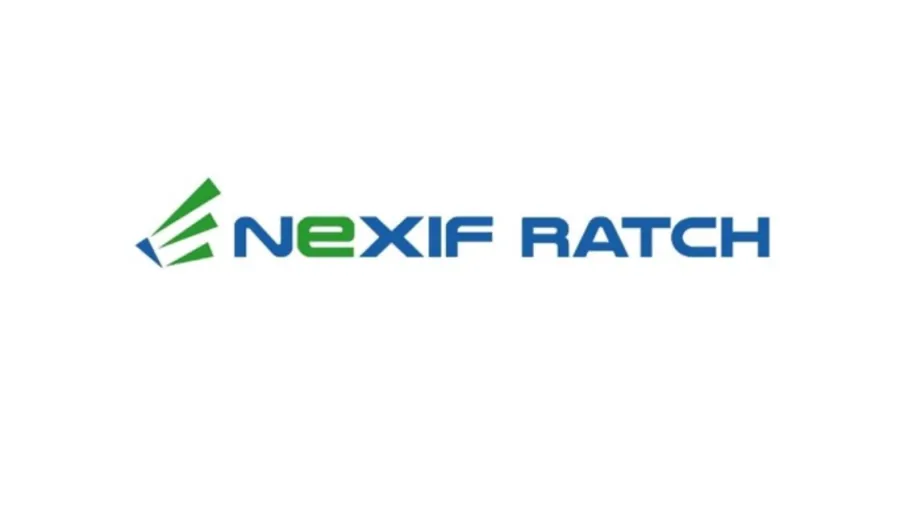
Nexif Ratch names new CEO
Matthew Bartley will be stepping down from his post.
Nexif Ratch Energy Investments appointed Cyril Dissescou as the new chief executive officer, replacing Matthew Bartley.
In a statement, Nexif said Bartley, who served as the interim CEO during the company’s first year, will still be a member of the board and its execution committees
Dissescou was the managing director of the European bank BNP Paribas before joining Nexif Ratch.
ALSO READ: Nexif Ratch acquires 30 MW Vietnam hydropower plant
As part of the Low Carbon Transition Group, he led strategic mergers and acquisitions in the renewables, energy infrastructure, and transition metals in Asia Pacific.
“With his distinguished career in investment banking leading BNP Paribas' Energy Transition advisory team in Asia Pacific, he brings great expertise to the firm as we continue on to our next phase of development,” said Nexif Ratch Energy Chairman Surender Singh.
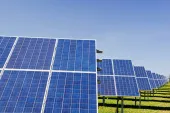
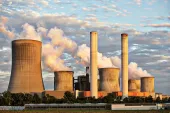
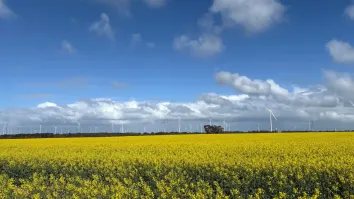
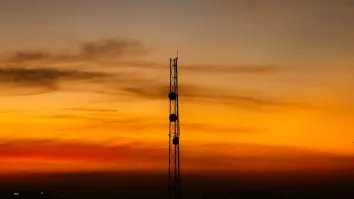
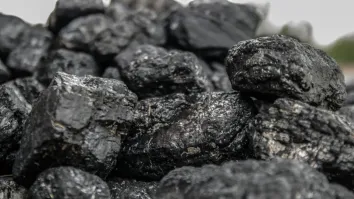
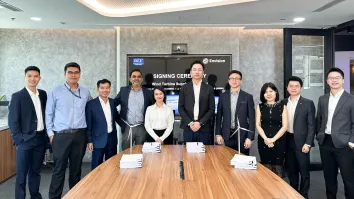













 Advertise
Advertise




